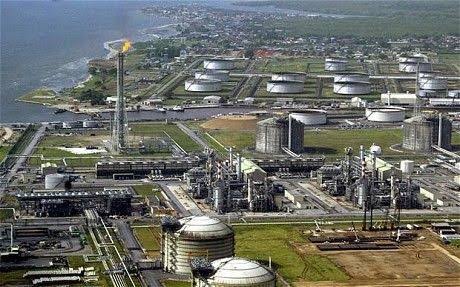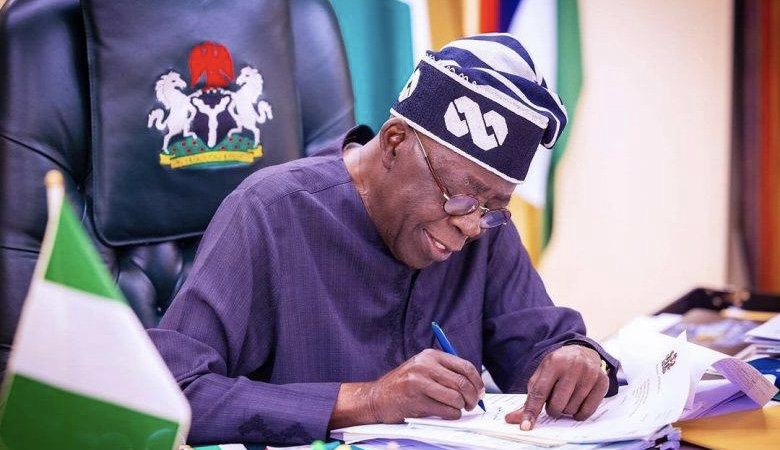Business
Nigeria’s oil sector endured decade-long investment drought before Tinubu – Lokpobiri

Nigeria’s Minister of State for Petroleum Resources (Oil), Heineken Lokpobiri, has disclosed that the country went more than a decade without attracting new oil investments until President Bola Tinubu came into office and introduced far-reaching reforms.
Lokpobiri, in a statement signed by his media aide, Nneamaka Okafor, on Thursday, said the prolonged stagnation crippled production growth and weakened investor confidence, but recent policy changes have started to unlock billions of dollars in fresh inflows.
“Recall that for over ten years, prior to the coming of President Bola Ahmed Tinubu, Nigeria did not have any new investment in the oil sector. But with the reforms we have carried out, which have created an atmosphere that is globally competitive and attractive, we now have new investments running into billions of dollars,” the minister said during his keynote at the U.S.–Nigeria Council’s oil sector dialogue on the sidelines of the United Nations General Assembly in New York.
He explained that previously inactive oil blocks are now available for investment, while both upstream and downstream opportunities are open to global and U.S. companies.
The minister attributed the turnaround to the Petroleum Industry Act (PIA), which he described as a “robust, investor-friendly legal framework,” and to fiscal measures introduced by the Tinubu administration. These, he said, have not only boosted production but also repositioned Nigeria as a key energy hub in West Africa.
“Thanks to bold reforms and globally competitive fiscals, Nigeria has significantly ramped up production and restored investor confidence,” Lokpobiri said.
While stressing Nigeria’s alignment with international climate obligations, the minister emphasised that oil and gas revenues would remain crucial in financing the country’s transition to cleaner energy sources.
The administration has set ambitious targets of attracting $30 billion in oil and gas investments by 2027 and $60 billion by 2030. Key measures include subsidy removal, deregulation of the downstream sector, and gas monetisation projects designed to reposition Nigeria’s petroleum industry for long-term growth.











